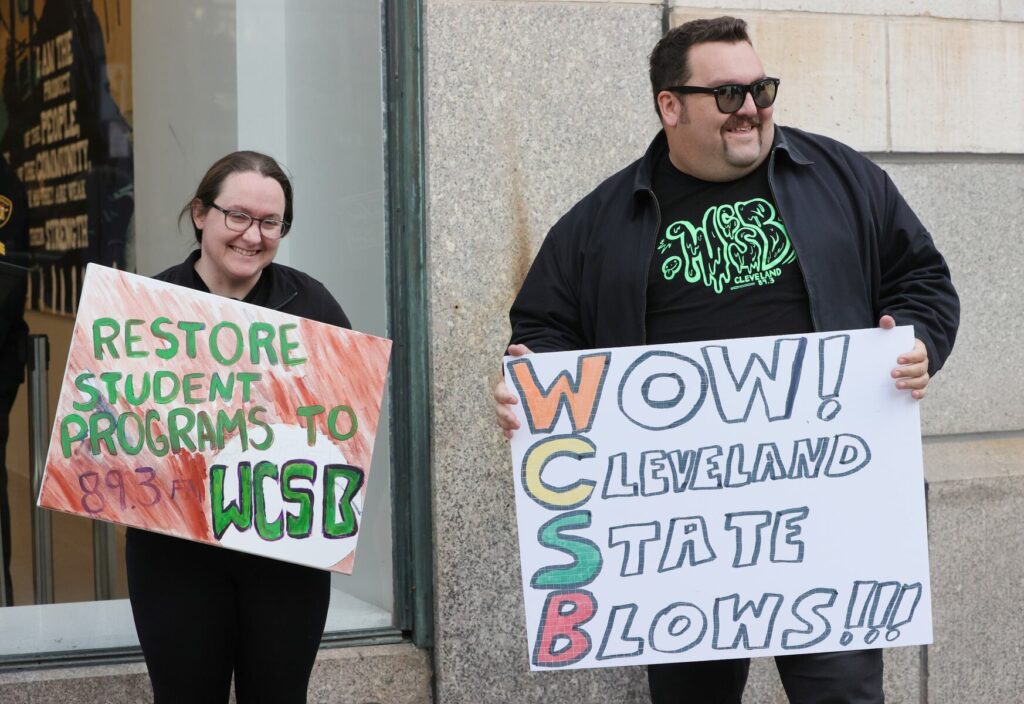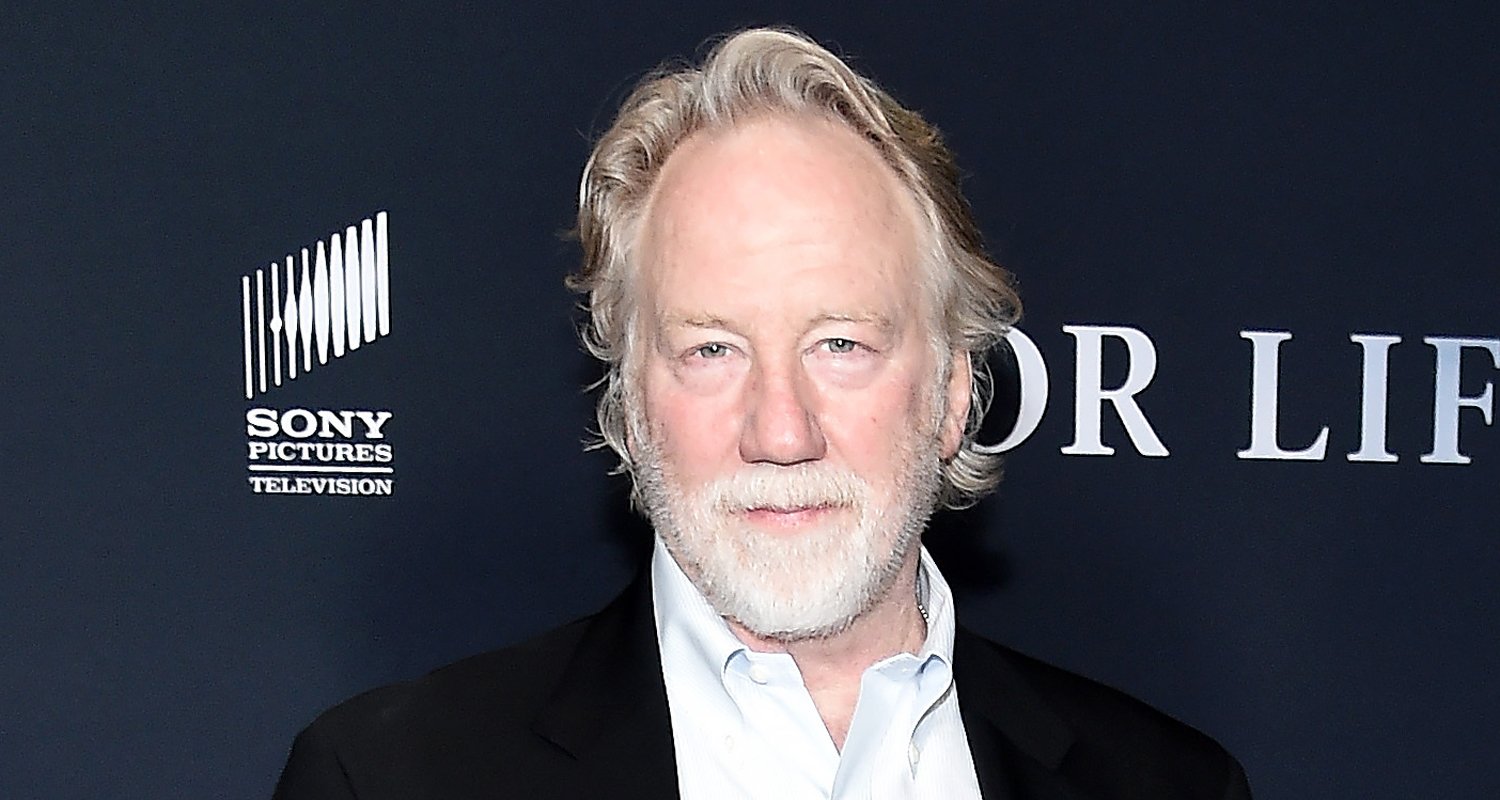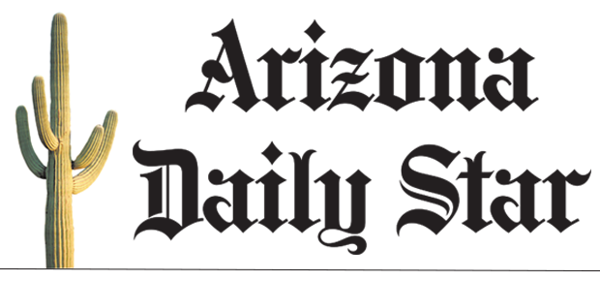
The proposed transition of Cleveland State University’s radio station, WCSB, to a jazz format known as Jazz NEO has sparked significant concern among local listeners. Many are questioning the decision to shift away from the longstanding community-oriented programming that WCSB has provided for nearly half a century.
Listeners argue that the move undermines a vital platform for diverse voices and unique programming. In a letter to the editor published on November 14, 2025, local resident Catherine Butler expressed her disappointment, noting that she had recently tuned into two stations, WCPN 90.3 and WCLV 104.9, both of which were airing identical programming. Butler questioned why WCSB could not adopt the jazz format without sacrificing its diverse offerings.
The crux of the issue lies in the rich history of WCSB. For 49 years, the station has served as a platform for student voices and a variety of programming not found on traditional radio. Butler emphasized that the loss of WCSB would represent a significant blow to the community, which has valued the eclectic mix of shows that have characterized the station.
Butler also critiqued the claims made by Cleveland State University regarding potential internship opportunities with Ideastream, suggesting that the lack of specific details diminishes their credibility. She argued that such internships would not provide the same level of engagement or benefit to students as involvement with a student-run station like WCSB has historically offered.
The debate surrounding WCSB’s future has resonated with long-time listeners and community members who fear losing a vital outlet for innovative and diverse programming. Many believe that the station has fostered invaluable learning experiences that help students develop skills crucial for navigating an ever-evolving world.
As the transition to Jazz NEO approaches, local advocates are calling for reconsideration of the decision. They argue for a solution that allows for a jazz format while retaining the unique and varied programming that has defined WCSB for decades. The future of the station remains uncertain, but the voices of the community continue to advocate for its legacy and continued presence in Cleveland’s cultural landscape.
The ongoing conversation reflects broader concerns about the preservation of community-oriented radio in an age increasingly dominated by corporate media. As Cleveland’s listeners weigh in, the outcome of this transition will likely have lasting implications for the city’s media landscape and its vibrant cultural scene.






